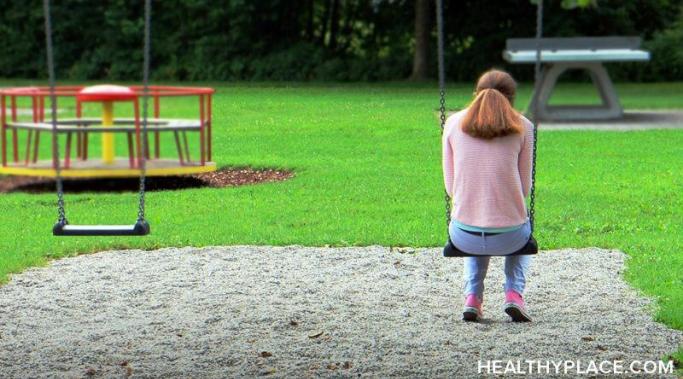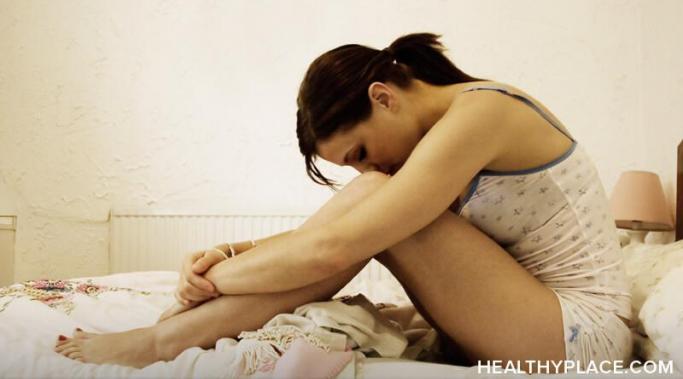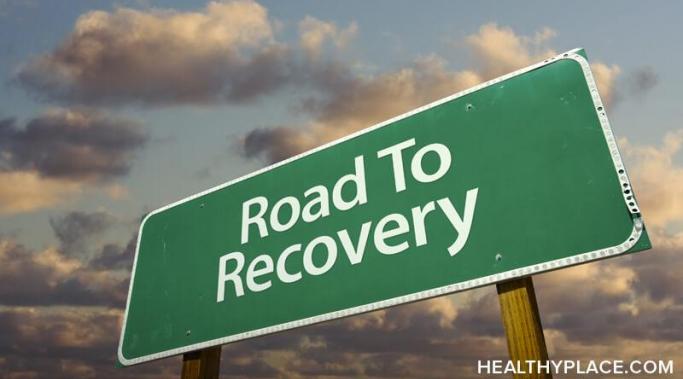I just celebrated my first marriage anniversary. When I was younger, my borderline personality disorder (BPD) symptoms were so intense that I struggled to maintain long-term, healthy relationships. However, I have adopted some strategies to keep my marriage and myself healthy.
Borderline Symptoms
It can be challenging to stay grounded in the present moment when you live with borderline personality disorder (BPD). Unstable emotional states and anxious thoughts can often pull you into a past or future mindset. However, bringing yourself back into the present can have a wealth of benefits for your mental health.
It can be challenging to make and keep friends if you live with any mental illness. If you have borderline personality disorder (BPD), your unpredictable behaviors, tumultuous emotions, and fear of abandonment can drive others away. However, managing your BPD symptoms can help you to stabilize your friendships.
People with borderline personality disorder (BPD) may struggle with self-destructive behavior and self-hatred. I spent many years believing that I didn't deserve happiness and getting in my own way because of it. However, there are methods you can use to stop sabotaging yourself when you live with BPD.
It can be easy to fall into a victim mentality with borderline personality disorder (BPD). You can often feel like your brain is working against you and making life unnecessarily hard. However, treating yourself as a victim can be detrimental and prevent you from recovering and moving on from traumatic events.
When I had few responsibilities, I could afford to mope at home, overindulge on substances, and be generally destructive. However, now that I have greater purpose and obligations, my borderline personality disorder (BPD) symptoms are much less severe. Therefore, I believe that responsibility has an important role in BPD recovery.
Borderline personality disorder (BPD) can be an isolating disorder. I have spent many years feeling separate from other people and like an outsider in social situations. These feelings started when I was a child and have continued into adulthood, although they have changed.
Dialectical behavior therapy (DBT) is one of the most common treatments for borderline personality disorder (BPD). I experienced a six-month group course of DBT a few years ago and learned many skills that I still use today.
I have what I call high-functioning borderline personality disorder (BPD). This means that although I still struggle with BPD symptoms, I can hold down a job, a long-term relationship, and generally function in the world. However, I still experience slow periods and backward steps in my recovery, leaving me feeling guilty about relapses with high-functioning BPD.
I was diagnosed with COVID-19 just over a week ago. Battling with the symptoms has tested my physical strength and my emotional fortitude. Because of the illness itself and its implications, I've had to focus on balancing my physical and mental health after a COVID diagnosis.









